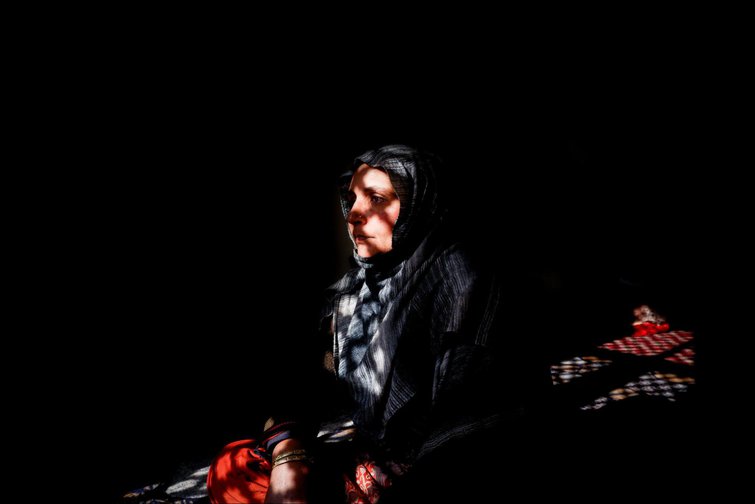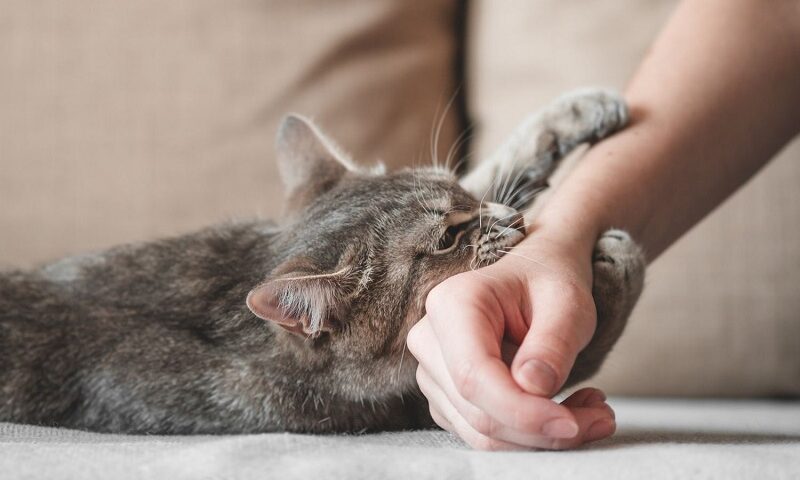Due to a prolonged conflict, women in Kashmir have silently suffered, and their mental health crisis has only worsened over the years.
Seventy per cent of distress calls seeking mental health care in Jammu and Kashmir are women, according to TeleManas center, a digital platform for mental health. Patients evaluated by the centre, which was launched by the central government, reveals that women are more vulnerable to stress than men, and are facing a mental health crisis.
Due to a prolonged conflict, women in Kashmir have silently suffered, and their mental health crisis has only worsened over the years.
Seerat, who is one of 18 counselors, counsels a young woman facing mental health problems which she fears will impact her marriage prospects. Seerat’s immediate brief as a counselor involves assuring the caller that her identity will remain confidential and that things will be sorted soon.
At the Institute of Mental Health and Neurosciences in Srinagar, it’s an all women TeleManas centre which makes it more convenient for women to share their mental illness problems.
The center in Srinagar was set up five months ago and the sheer number of calls received shows the magnitude of the mental health problem among women. “We receive 70 per cent calls from women. They feel more comfortable while talking to woman counselors,” Seerat said.
She added that while people are unusually reluctant to address mental health problems as they feel it’s is a stigma, patients, especially women, are more forthcoming about their issues through the digital platform. “Here they feel aid is more accessible, comfortable and their identity remains confidential. Since all counsellors here are women, they are able to share their problems freely,” Seerat said.
Bisma, who heads the Telemanas center, said that the job, which includes listening to callers, sometimes for hours and understanding their needs, requires immense patience. “It’s trust and the digital medium which makes a difference. We assure them whatever they share with us will remain confidential,” she said.
Jammu and Kashmir only has two mental health facilities- one in Srinagar and another in Jammu city. This makes TeleManas handy for people living in remote areas who can call the counselors anytime during day or night.
There are 22 TeleManas centers step up across the county by Union Health Ministry. The performance of all the TeleManas centers is monitored and evaluated by IIT Bangalore based on number of calls received and hours spent listening and counseling a patient.
The problem in Kashmir appears to be much more serious than other parts of the country. Despite having a lesser population compared to major states in the country, Jammu and Kashmir is among the top three states in terms of number of calls for mental health issues. The other two states are Tamil Nadu and Maharashtra. “In terms of calls received per thousand population we are number one state,” said Professor Arshad Hussain, Government Institute of Mental Health and Neurosciences.
“We are currently among the three best centers. Two others are Tamil Nadu and Maharashtra in terms of number of calls received and number of hours spent on calls. This rating is done centrally by IIT Bangalore” he added.
Prof Hussain said TeleManas has made mental health aid more available, accessible and acceptable to people. “They can call from the warmth of their homes and easily get care,” he said.
Since its inception in October, the TeleManas has received about 60,000 calls from across the country. The system is a three-tier one: Councillors are first responders. Based on the need, the call is transferred to a clinical psychologist and then further to a psychiatrist.
Doctors said that in most cases, the patient is taken care of without visiting a hospital. The mental health crisis among Kashmir’s has often been brushed under the carpet as a taboo. Telemanas not only makes mental health aid accessible to all, but also brings out the bitter truth how women have been suffering silently for years.




